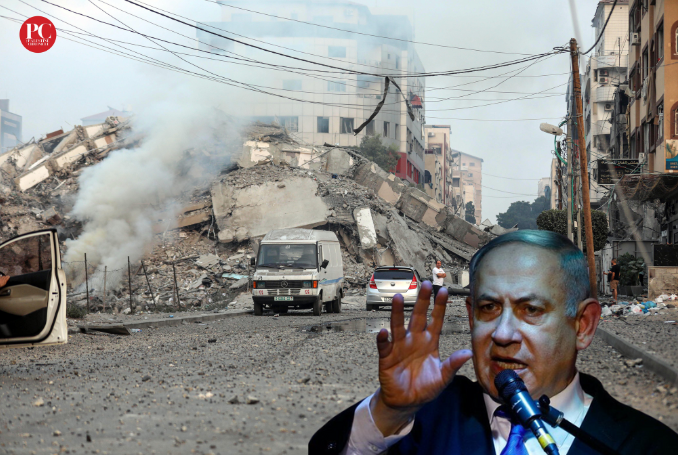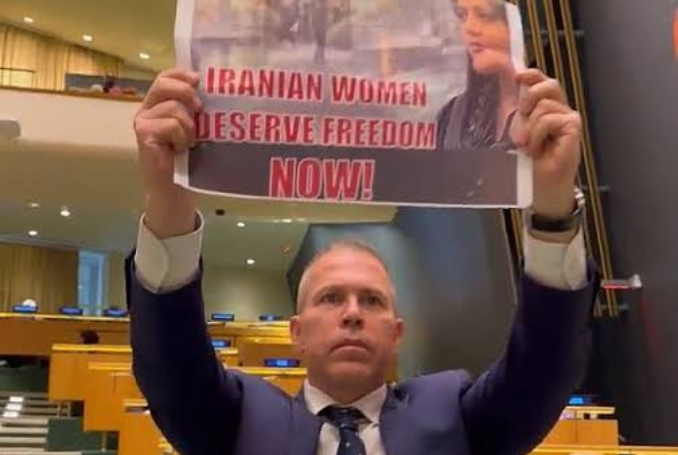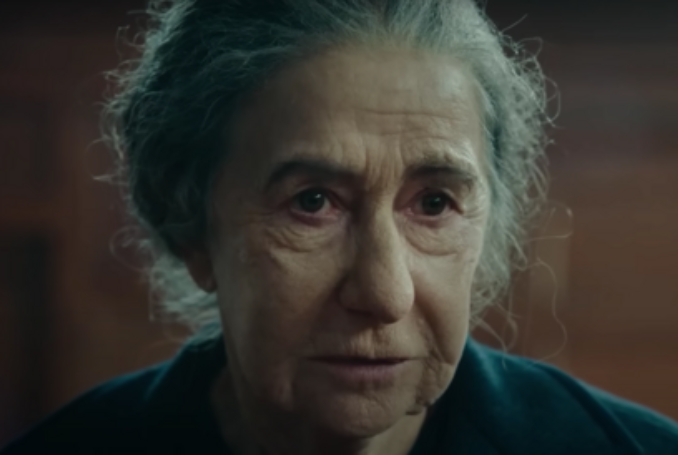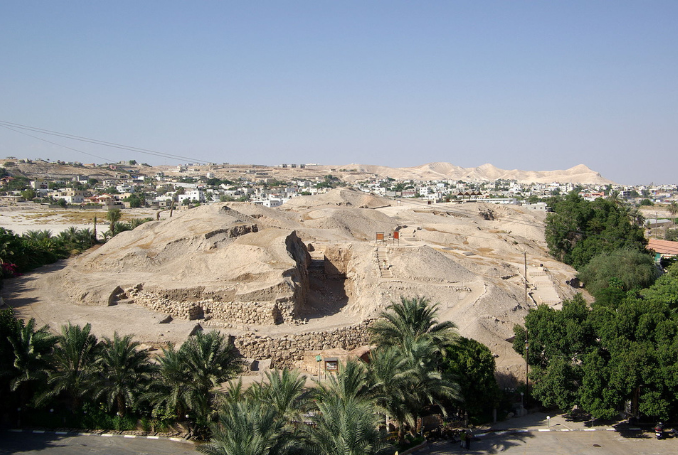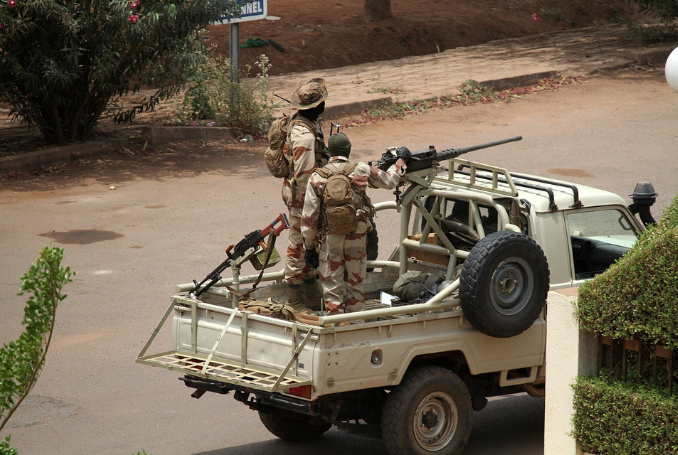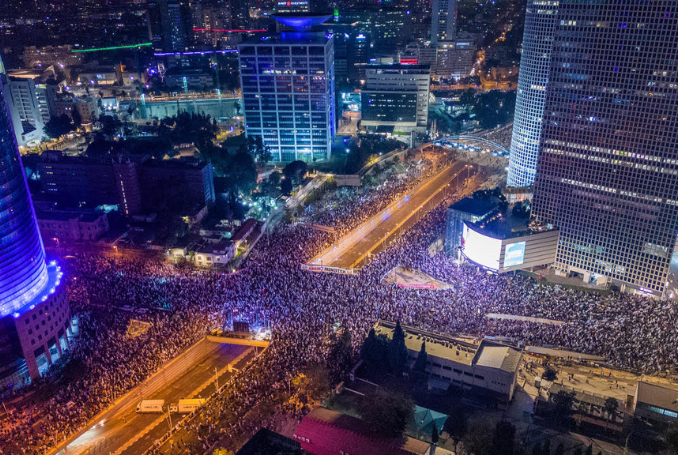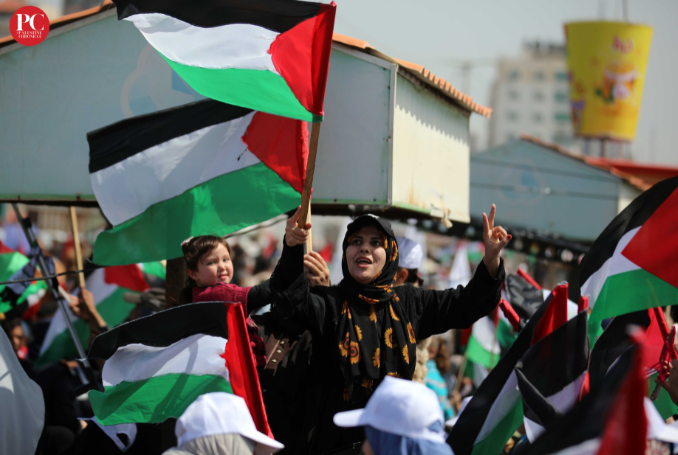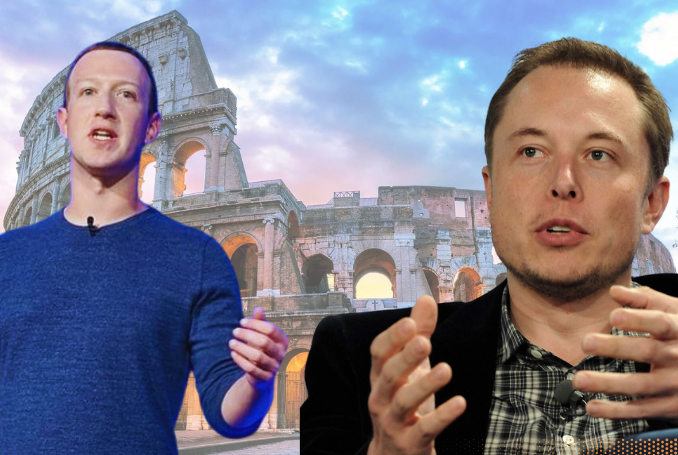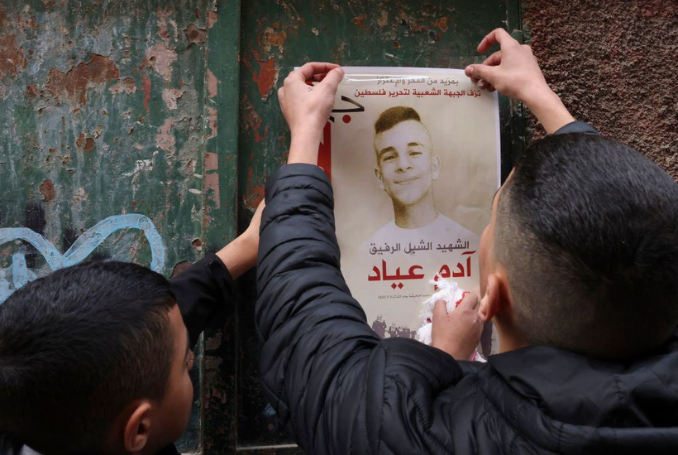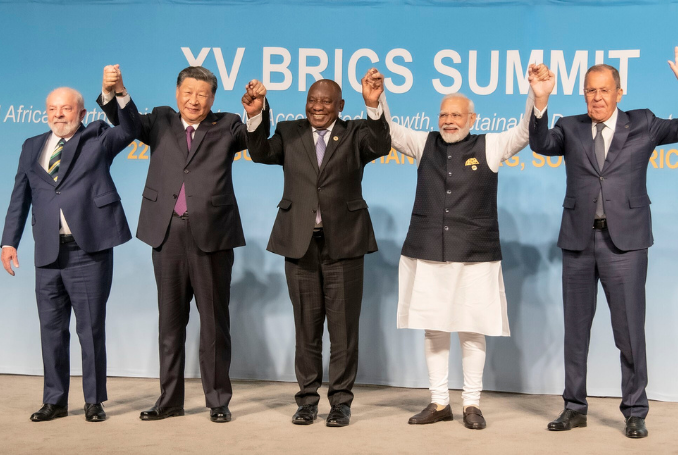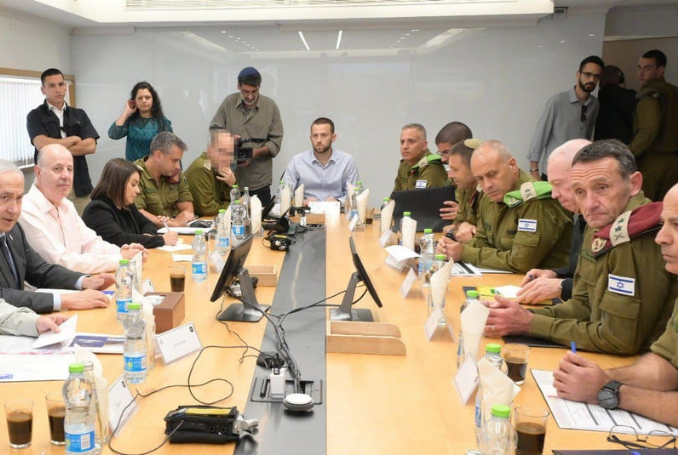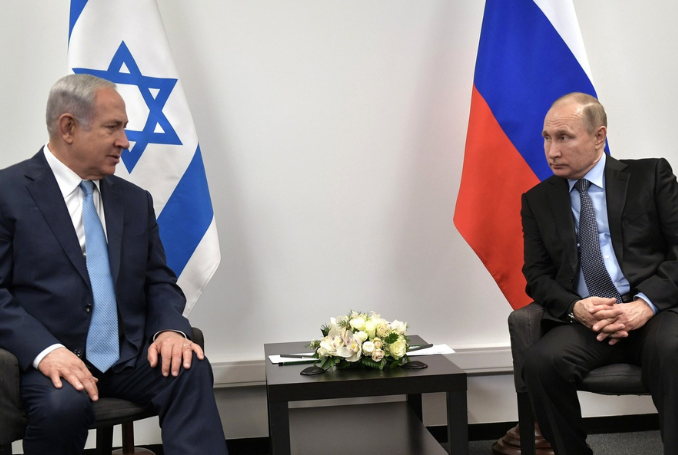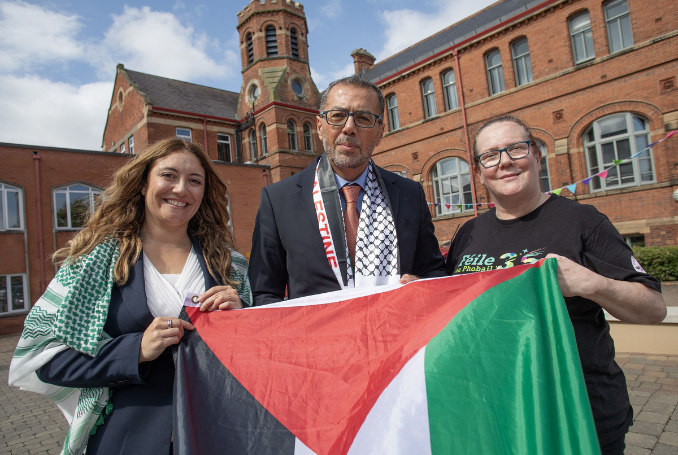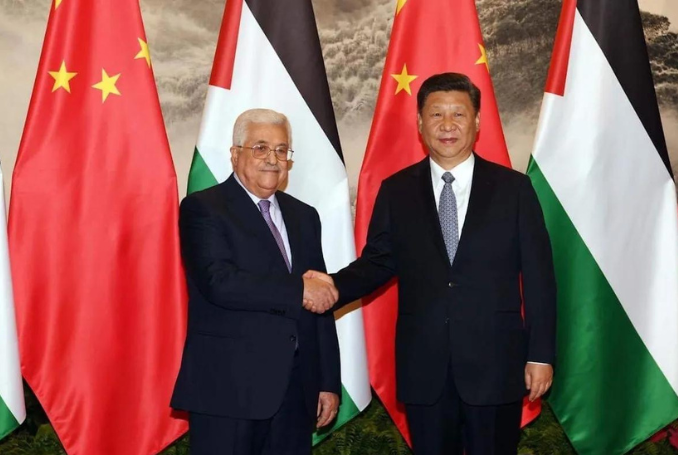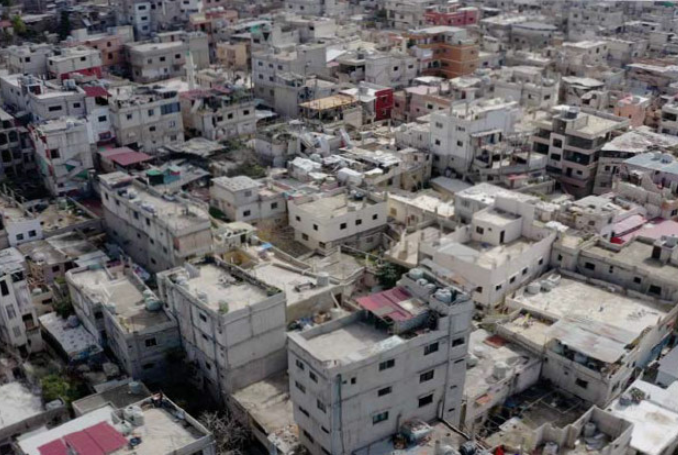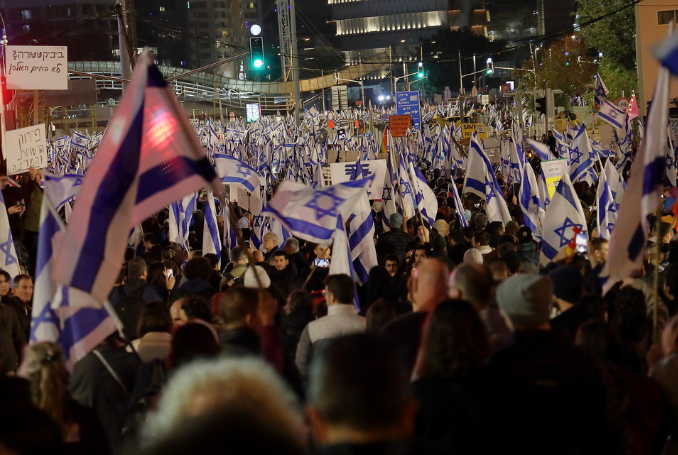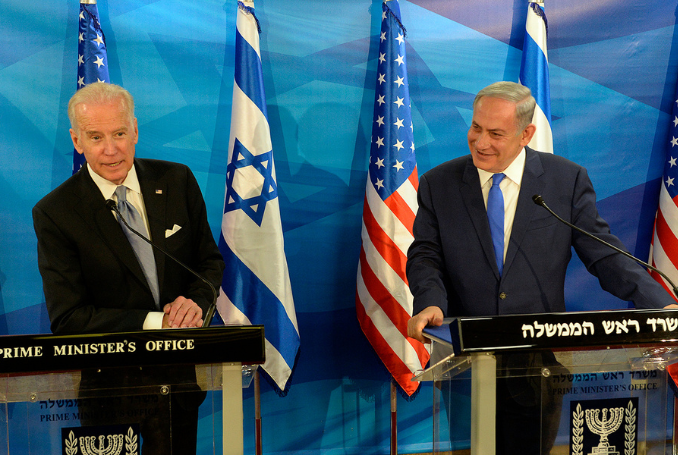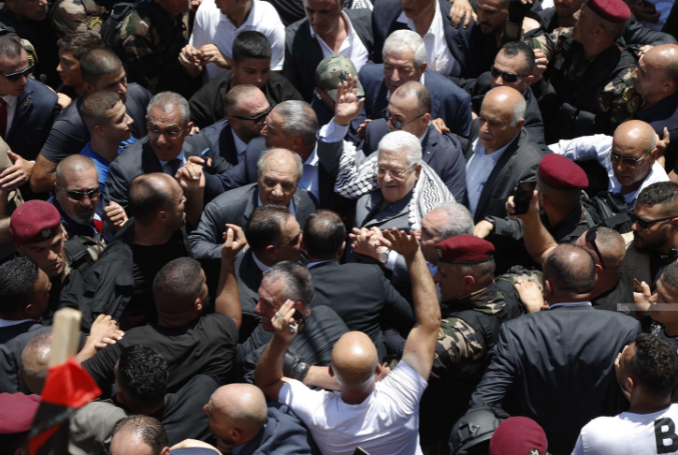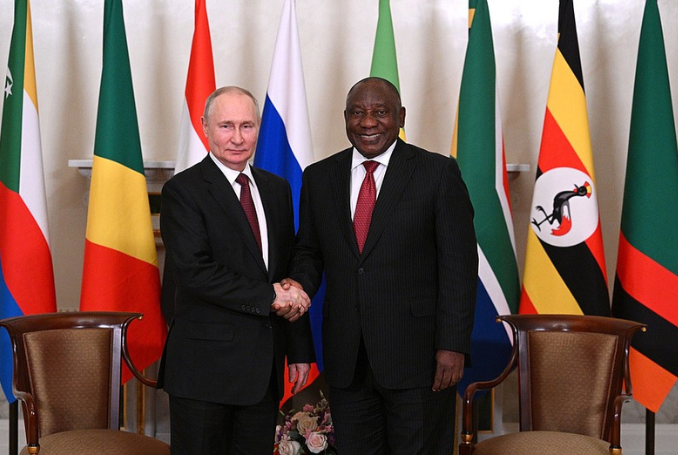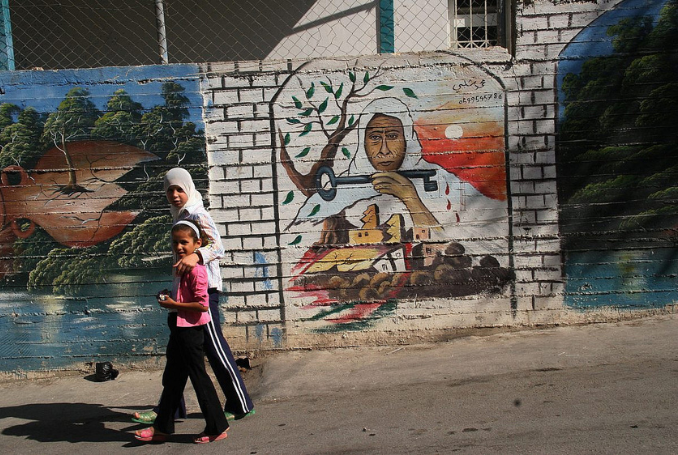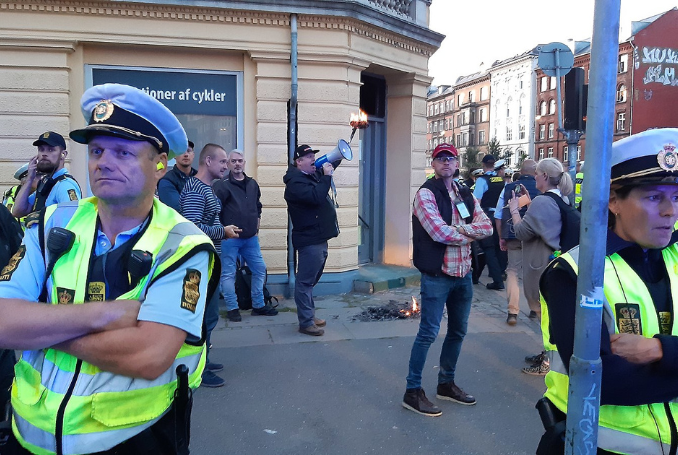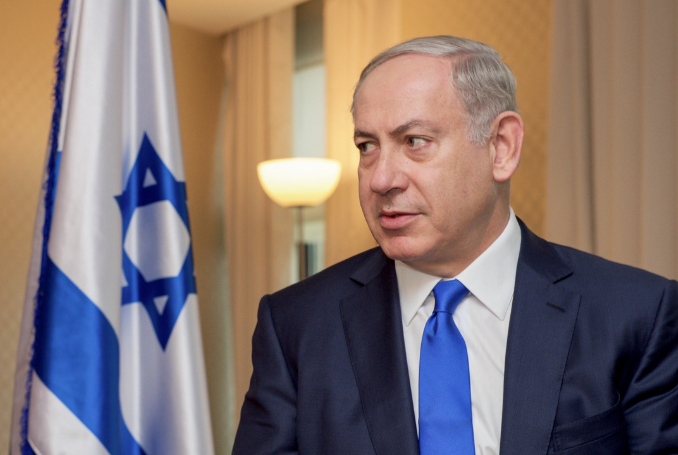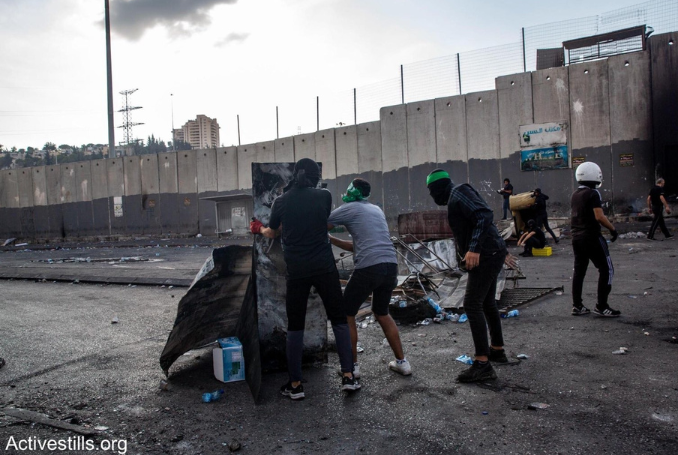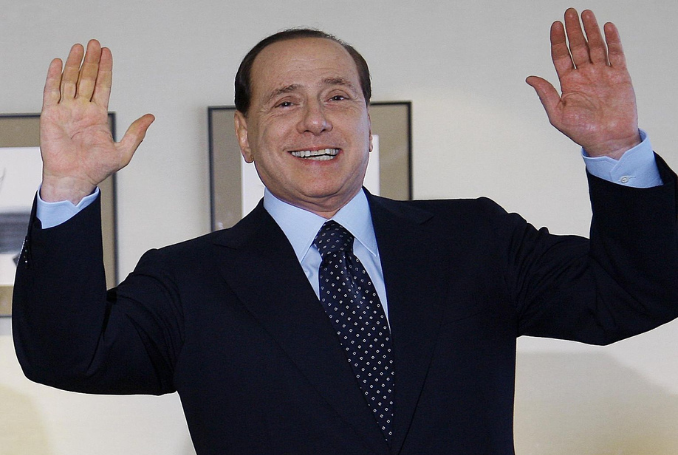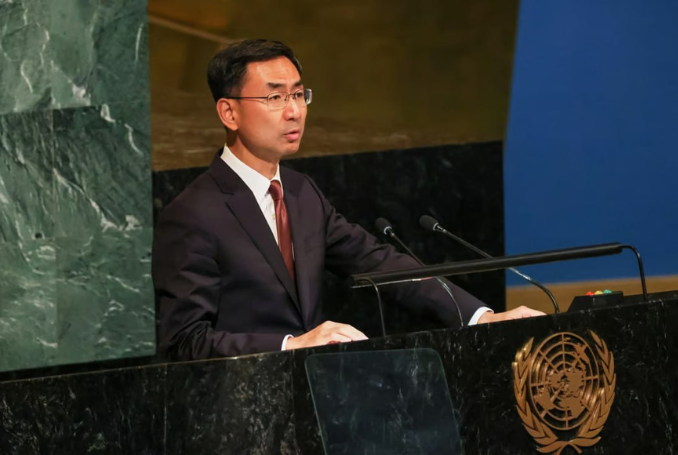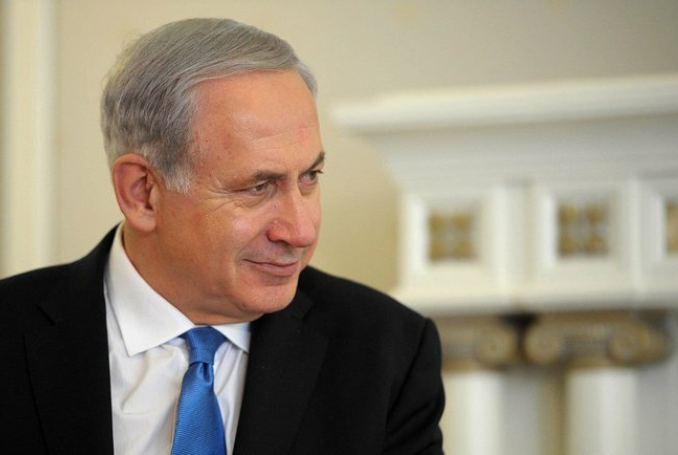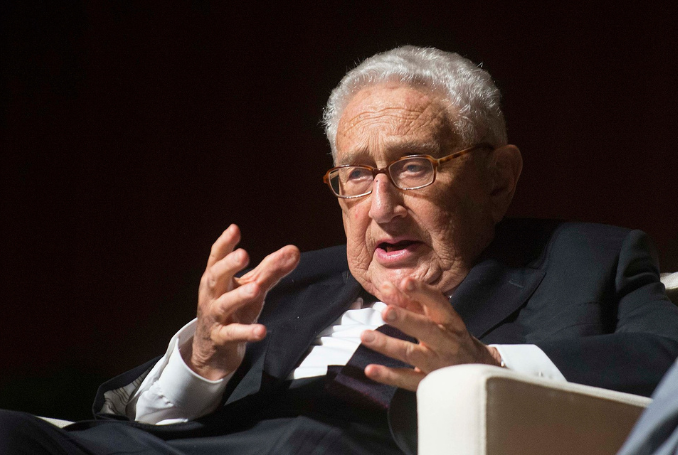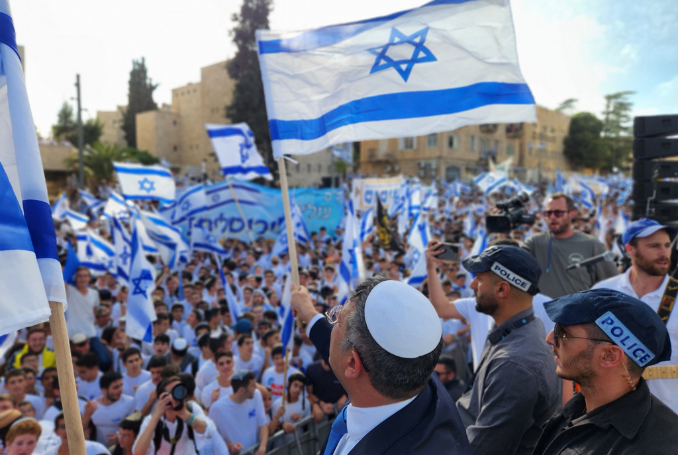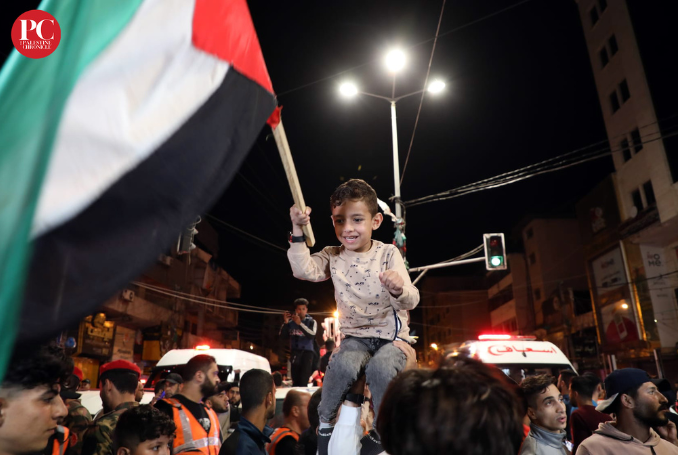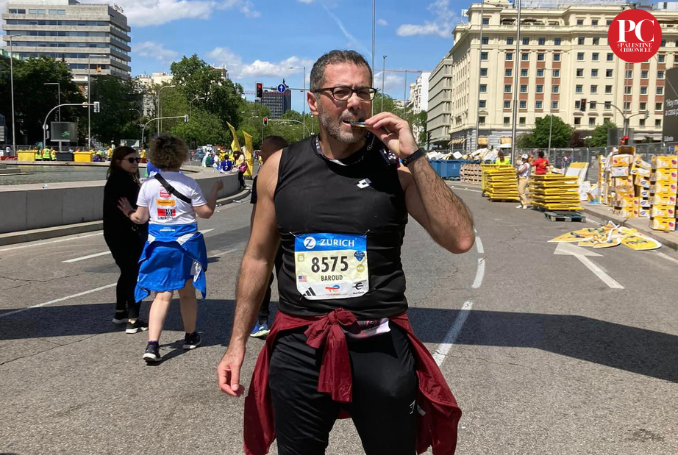- June 8, 2025
Articles
Netanyahu’s Impossible Options in Gaza: To Invade or Not to Invade
Netanyahu is desperate to show that Israel remains a powerful country and a regional power that deserves its often-touted status of having an ‘invincible’ army.
Ambassador of Israeli Crimes: This is How Gilad Erdan Become a Defender of Women’s Rights in Iran
A defender of war crimes, like Gilad Erdan, must not be allowed to serve two roles: an apologist for the mistreatment of women in Palestine, and a freedom fighter for women anywhere else.
Glorifying Hate: Golda Movie Shows that Zionism Remains Unrepentant
A new movie glorifying the legacy of Zionist leader and Israel’s fourth Prime Minister, Golda Meir, has been released in selected theaters in the US and Europe.
Fear of History: The Roots of Israel’s War on UNESCO
Israel has done more than attempt to rewrite history and to marginalize the main actors of Palestine’s historical narrative. It has also actively and continuously tried to eliminate the natives altogether.
‘Epidemic’ or Revolution: The Other Side of the West Africa Upheaval
The political discourse emanating from West Africa, although largely inaccessible, speaks of a collective desire for a paradigm shift.
Tel Aviv’s Losing Brands: Israeli ‘Coup’ and the Death of False Democracy
Certainly, what is taking place in ‘democratic’ and ‘stable’ Israel is truly unprecedented. Israel’s current vulnerability is accentuated by the massive and rapid changes to the political map of the Middle East and the world.
Humiliation vs. Self-Respect: The Untold Story of the Abuse of Palestinian Women in Hebron
Though the Hebron incident is a repeat of numerous violations of Palestinian rights and dignity spanning many years, there is still much we can learn from it.
Panem et Circenses: Why the Musk-Zuckerberg Fight Concerns All of Us
The Musk vs. Zuckerberg’s fight does, in fact, matter. Not for anything related to two of the richest men in the world. It is relevant for us, because it is intended to be our circus.
The Twisted Israeli Logic of Murdering Palestinian Children, and What Can We Do to Stop It?
The problem for Palestinians is not just that of Israel’s violence, but also the lack of international will to hold Israel accountable.
When the Torturer is the ‘Savior’: Can BRICS, Global South Help Us Escape the West’s Hegemony, Contradictions
Without downplaying the internal contradictions among the main countries that established the BRICS group or the newcomers, one cannot help but ponder a world without US-Western domination.
A ‘Terrorist Onslaught’? This is Why Netanyahu, Gallant Blame Iran for West Bank Violence
For Israel to understand the reasons behind the growing Palestinian resistance in all of its forms, it needs to look at the devastated refugee camps of Jenin, Balata and Nur Shams – not Tehran – for the answers.
Friend or Foe? Russia’s West Jerusalem Consulate is Very Worrying
Unlike the previous two prime ministers, Bennett and Lapid, Netanyahu was keen on maintaining a degree of neutrality in the Russia-Ukraine war and the resulting global conflict.
‘Ireland is a Pillar of Solidarity for Palestinians’: Interview with Ramzy Baroud
n an interview organized through the Ireland-Palestine Solidarity Campaign and Jews for Palestine-Ireland, Ramzy Baroud spoke about his work in establishing the Palestine Chronicle news network which he was determined would give a voice to ordinary Palestinians.
Palestinians Welcome China’s New Middle East Role, but It is Not Mediation They Need
Palestinians need China, as they need other powerful players in the Global South, but it is not mediation that they desperately require.
‘Capital of Shatat’ and Palestinian Agony: The Uncomfortable Truth about Ain Al-Hilweh
On July 30, violence in the extremely crowded Palestinian camp resumed, harvesting the lives of 13 people, and counting. Scores more were injured and thousands have fled.
Balancing Act is over: Israeli Protests are Not about Democracy, but Ideology
Ideological shifts do not appear and disappear overnight. Regardless of the outcome of Israel’s protests, the ideological shifts in Israel are seismic and long-lasting.
US and Israel: Is the ‘Unbreakable Bond’ Finally Breaking?
Though much of Israel’s self-proclaimed ‘independence’ was an outcome of unconditional US support, Israelis hardly acknowledge this fact.
The Resistance vs. the Palestinian Authority: Will Abbas Lead Palestinians to Civil War?
To live up to Israel’s expectations and to ensure its survival, the PA is willing to clash directly with Palestinians who refuse to toe the line.
From ICC to ‘Sportswashing’: West’s Self-Serving Narratives Must Be Combated
Now that we are on the cusp of a new world order, we must confront this hypocrisy with the clearest language – and action – possible.
Jenin is Just the Start: Did Palestinians Finally Bury the Ghosts of the Past?
For the older generation, time has stood still. But it has not. The new Palestinian generation has buried the ghosts of the past and moved on.
Burning of the Quran and the Counter-offensive: Why the West is Panicking
Why is the right to insult Muslims so cherished, so sacred in the view of Western governments and laws? And why burn the Quran now?
No Palestinian State and the PA ‘Works for Us’: Netanyahu’s Remarks Should Inspire Paradigm Shift
Now, armed with a stable coalition, immune from any meaningful criticism, let alone tangible consequences to his action, the Israeli leader feels ready to carry out his right-wing agenda without further hesitation.
The Armed Revolt: Why Israel Cannot Crush the Resistance in Palestine
The next Intifada in Palestine will be armed, non-factional, and popular, with consequences that are too difficult to gauge.
The Beloved ‘Cavaliere’: Berlusconi’s Death Will Not Resolve Italy’s Democracy Problem
Berlusconi would have never ruled over Italy if it were not for the near complete distrust of the others, those who speak of democracy, balance of power and respect for institutions, only to achieve power and do everything to hold on to their seats.
China and Palestine: No To ‘Piecemeal Crisis Management’
Considering Washington’s unparalleled importance to Israel, on the one hand, and the Arab-Muslim world’s significance to China on the other, the future is easy to foresee.
A Man Without a Strategy: How Netanyahu is Provoking Armed Intifada in the West Bank
For Netanyahu, the frequent deadly raids on Palestinian towns and refugee camps translate into political assets that allow him to keep his extremist supporters happy. But this is short-term thinking.
Prophets of Doom: Kissinger and the ‘Intellectual’ Decline of the West
The problem, of course, is not Kissinger himself. The crisis is twofold: The West is unwilling to accept that war, for once, will not solve its problems.
Not On Our Dime!’: Why US Democrats Are Growingly Challenging Israel
Time will tell what direction Washington will take in the future. But, considering the current evidence, support for Israel is dwindling at rates that are unprecedented.
New Rules of Engagement: How Palestinians Defeated Netanyahu and Redefined ‘Unity’
It is the unity of those resisting on the ground, from Gaza to Nablus, and from Jenin to Sheikh Jarrah, that matters most.
For Palestine: A Guide to Running a Meaningful Marathon
On Sunday, April 23, I completed the Madrid International Marathon. It was my 14th overall full marathon. It was not an easy feat.


